Course Description
The term “Ayurvedic Aromatherapy” has two primary meanings. The first is all the Ayurvedic therapies and preparations that utilize and contain aromatic plants, and therefore have essential oils as their primary active constituents. The second is all the ways that essential oils can be classified and used according to Ayurvedic concepts.
Ayurveda could be said to be a system of “eco-physiology,” meaning that it describes the functioning of the body in terms of ecological and environmental phenomena. These include cosmological energies such as agni (solar heat and metabolic fire), soma (cooling and moistening lunar influences), the pancha mahabhutas (five elements of earth, water, fire, air, and space), prana (life force), and the gunas (sensory qualities and mental states).
Using these systems and concepts we can classify a large number of essential oils into broad categories of therapeutic functions, which allows us to easily learn and understand the primary nature of these oils so that we can apply them safely and effectively.
Covered Topics
- How Ayurveda uses aromatic plants for medicines and aromatherapy.
- Aromatherapy methods inspired by Ayurveda.
- The safe uses and potential dangers of essential oils.
- Essential oils rich in earth element for grounding and calming.
- Carrier oils and aromatic waters for hydration and balancing of the water element.
- Spice oils rich in fire element for stimulating metabolism.
- Sacred scents used in ceremony and ritual for promoting sattvic consciousness.
- Incorporate essential oils and aromatherapy into lifestyle consultations and treatments
- Use essential oils in aromatic baths, medicated oils, steam treatments and other therapies inspired by Ayurvedic methods.
- Use essential oils and aromatherapy treatments according to the three doshas and 15 subdoshas
- Understand and use essential oils according to the pancha mahabhutas
- Understand and use essential oils as botanical prana and ojas
- Understand and use essential oils as forms of agni to purify ama
- Understand and use essential oils for treating the 7 dhatus
- Understand and use essential oils for balancing the 20 physical and 3 mental gunas
- Understand and appreciate the aromatic healing aspects of Ayurvedic medicines and treatments
- Know how to safely use essential oils, based on modern understanding of essential oils as well as the traditional applications of aromatic plants in Ayurveda
- Develop sensory based awareness of how essential oils can be classified and used according to the pancha mahabhutas
- Develop sensory based awareness of how essential oils can be classified and used according to the three doshas and fifteen subdoshas
- Develop sensory based awareness of how essential oils can be classified and used according to the 20 physical and 3 mental gunas
- Develop sensory based awareness of how essential oils can be classified and used according to the seven tissue levels
- Develop sensory based awareness of how essential oils can be classified and used according to prana, ojas and agni
- Flower oils to calm rajasic emotions.
- Energizing oils to overcome tamasic consciousness.
- Essential oils as the pranic immune power of aromatic plants, and how they benefit human health.
- Exotic floral oils as the ojas of plants, and how they can support and strengthen our ojas.
- The most important essential oils for calming vata, cooling pitta and decongesting kapha.
- Aromatherapy for strengthening the prana vata of the brain to enhance concentration and memory
- Essential oil containing herbs and spices that can be safely used for supporting healthy digestion and metabolism.
Faculty Instructors
David Crow, L.Ac., graduated from the American College of Traditional Chinese Medicine in 1984; he is a California state licensed acupuncturist and nationally certified by the National Commission for the Certification of Acupuncture and Oriental Medicine. He has been a clinician, consultant, researcher, and educator for over 30 years. As an educator, he has taught extensively for over two decades in the US and Canada, and online internationally; over 5,000 students have attended his online courses in the last three years. He has traveled extensively to study traditional medicinal systems, including spending several years in Nepal and India studying Tibetan and Ayurvedic medicine. He is the author of four books, including In Search of the Medicine Buddha, about his time with traditional doctors in the Himalayas, and Sacred Smoke, about his ethnobotanical research in Ecuador. Along with his wife Sara Crow, he is the founder and owner of Floracopeia, Inc. a company devoted to supporting sustainable ecological agriculture through the production of essential oils.

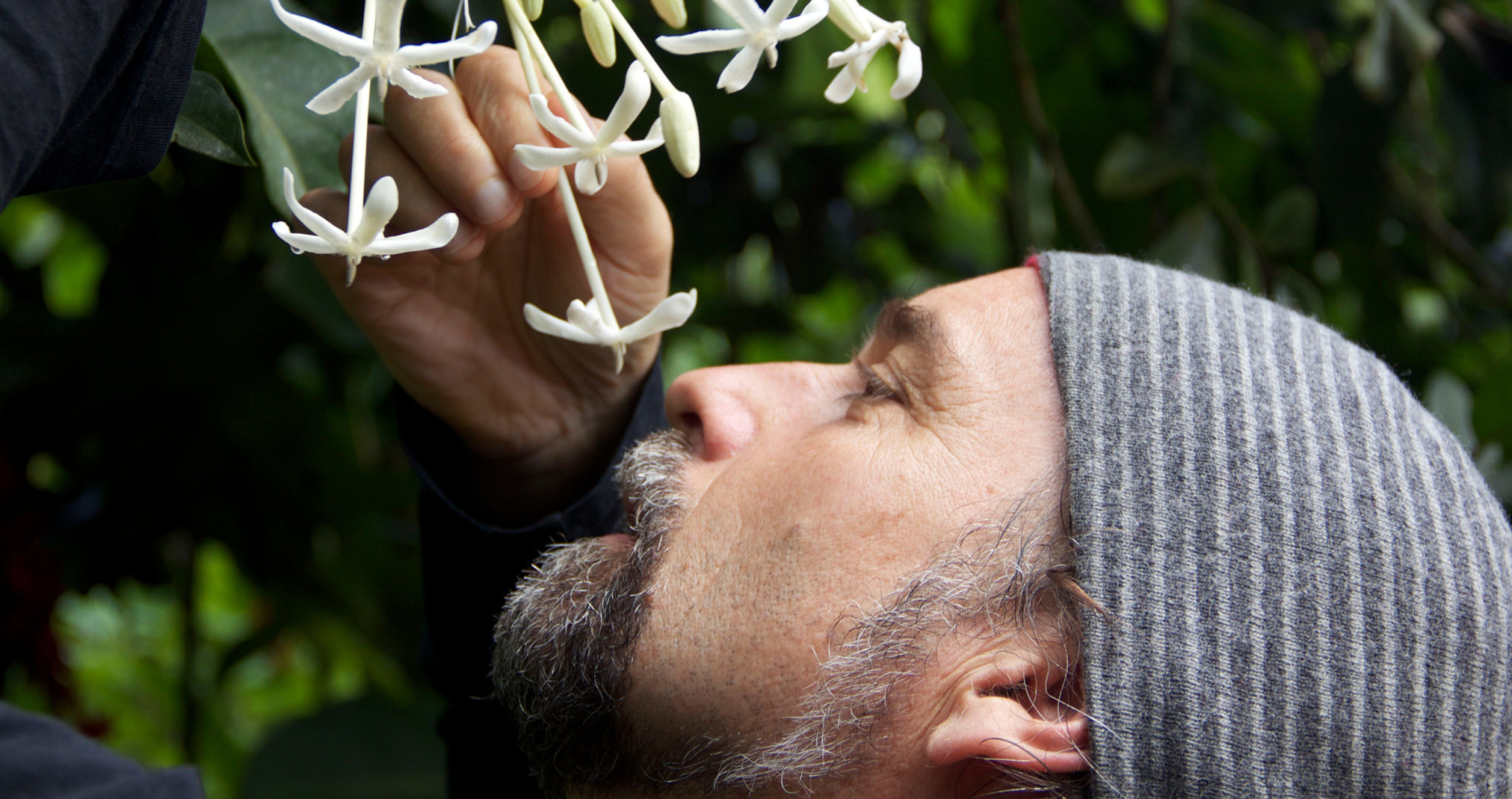

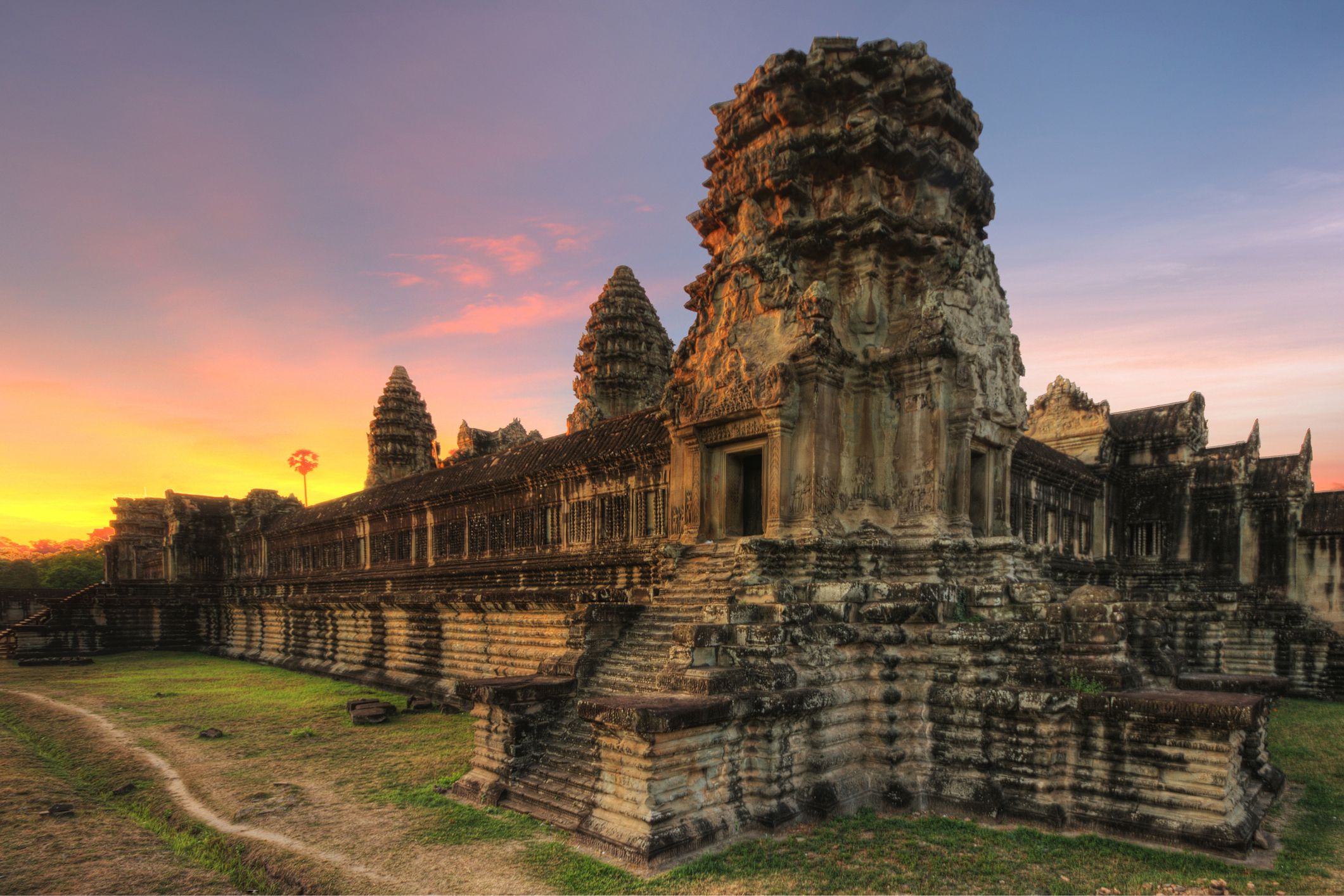
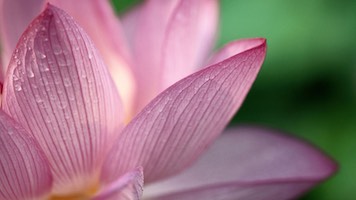



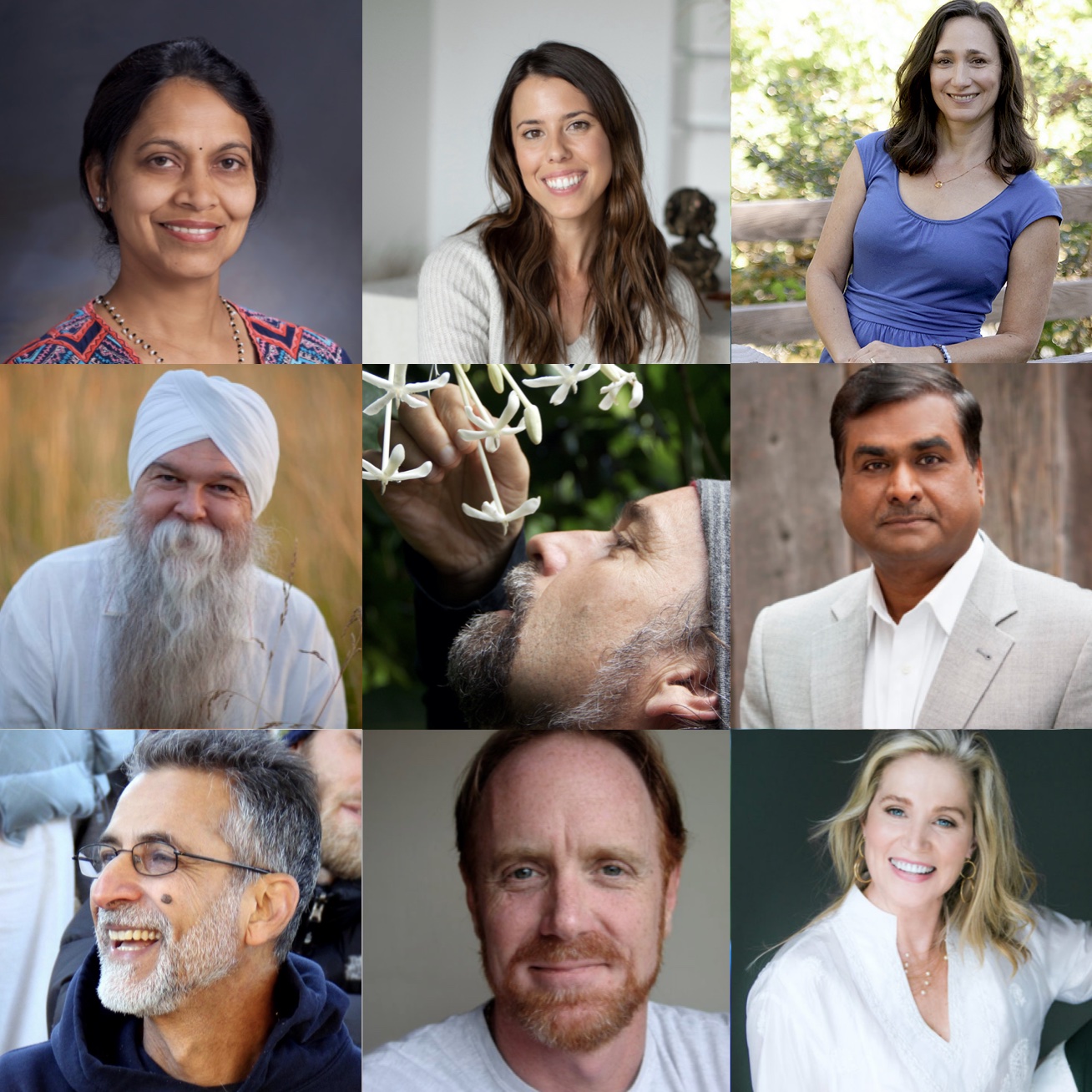
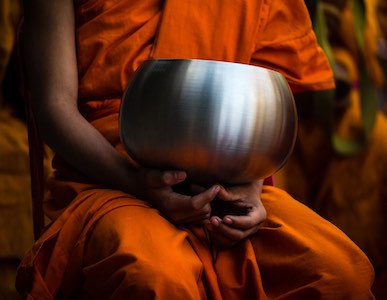
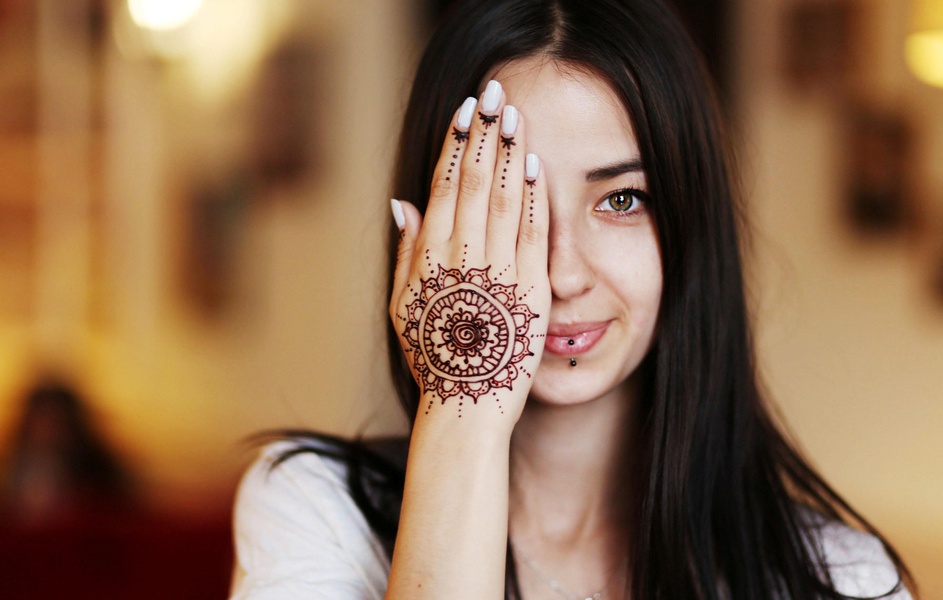

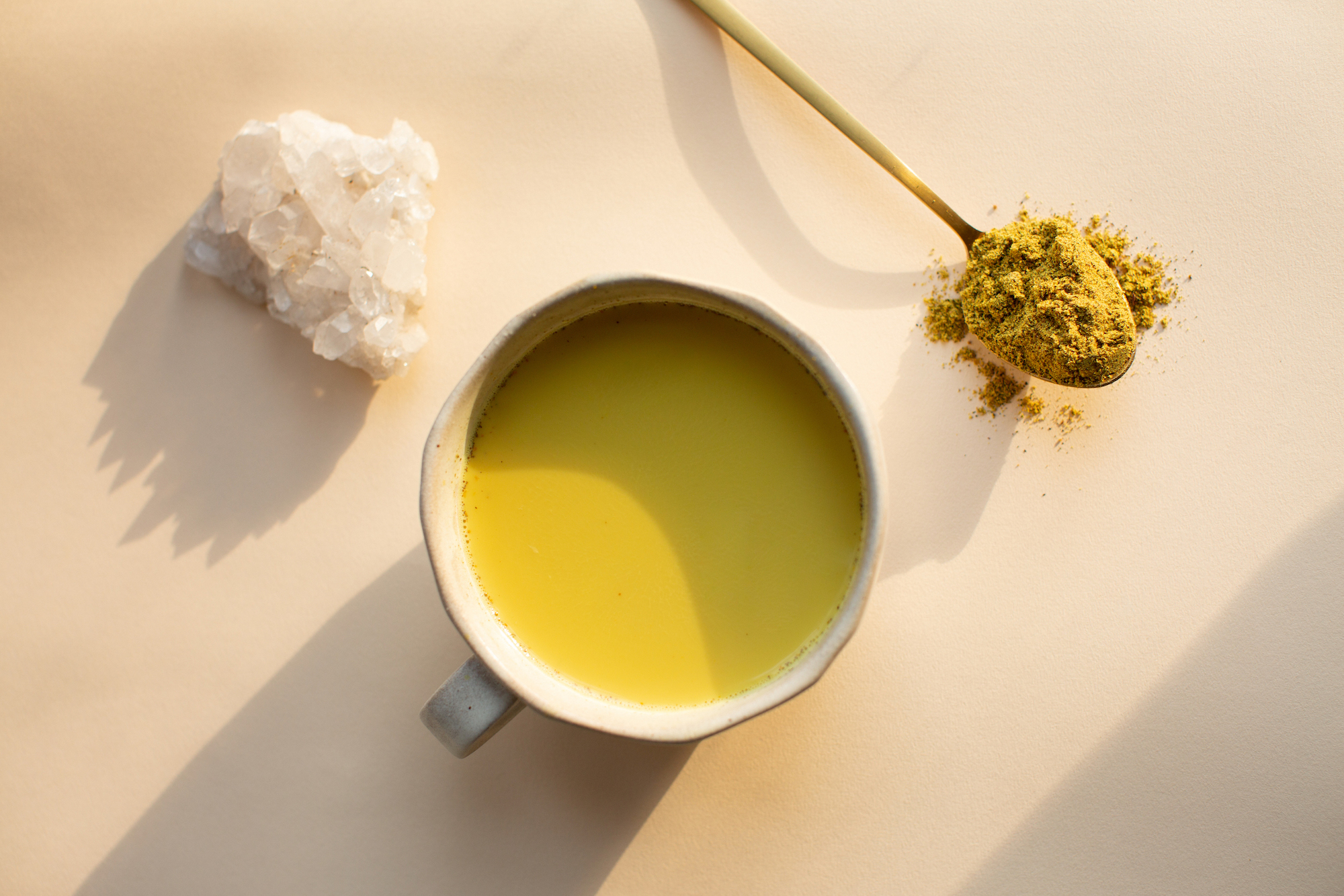


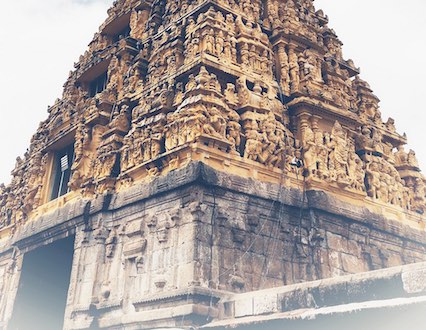




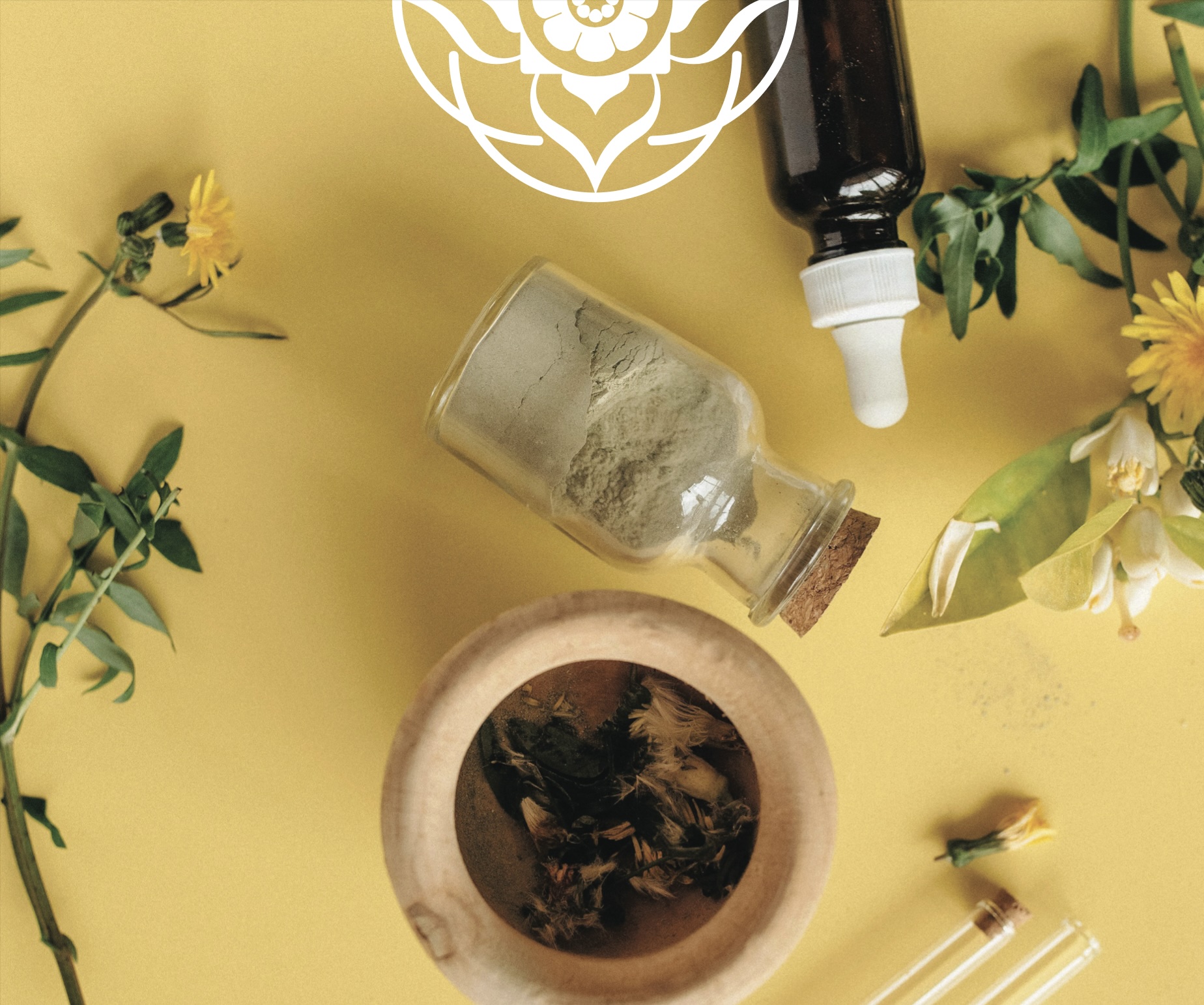

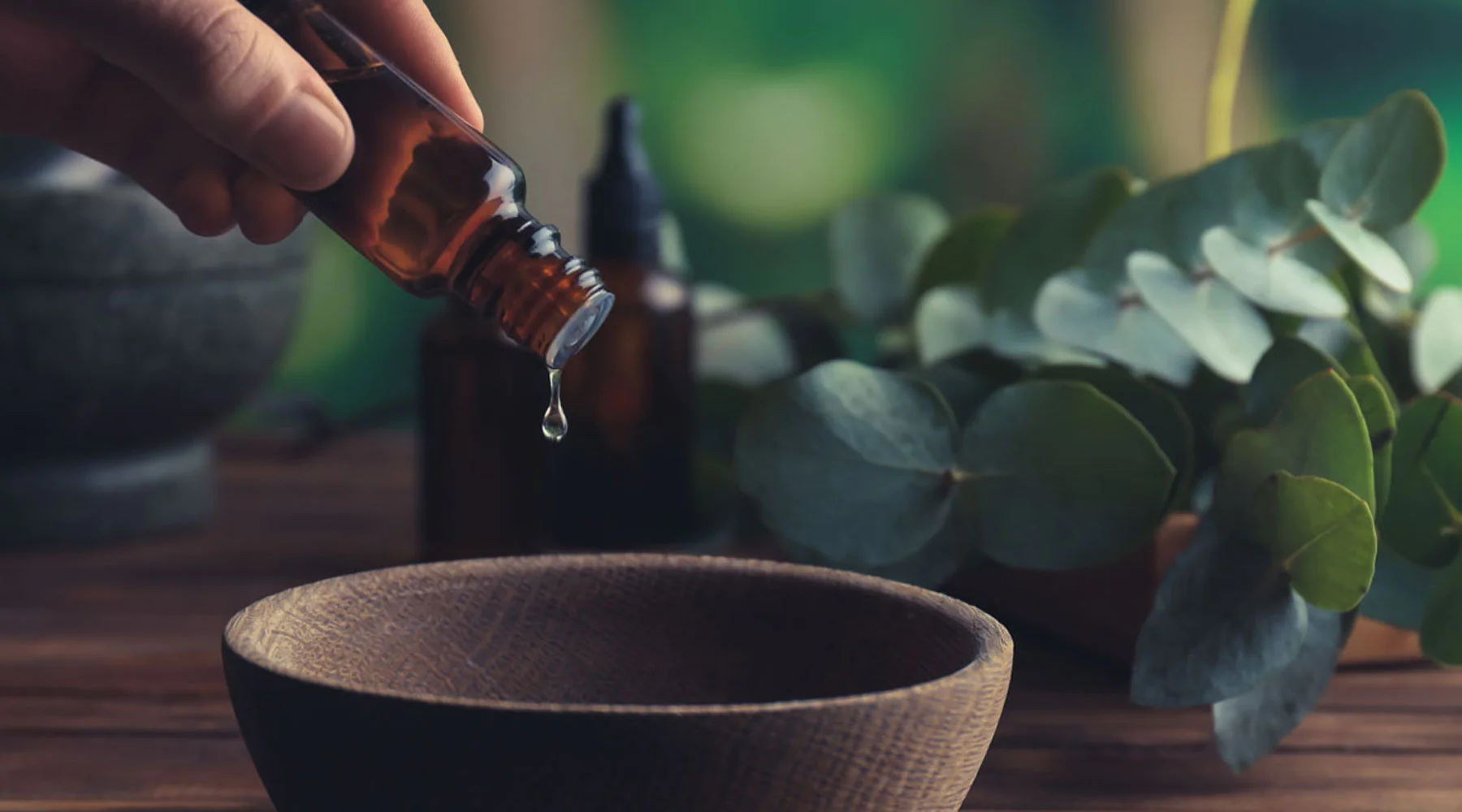


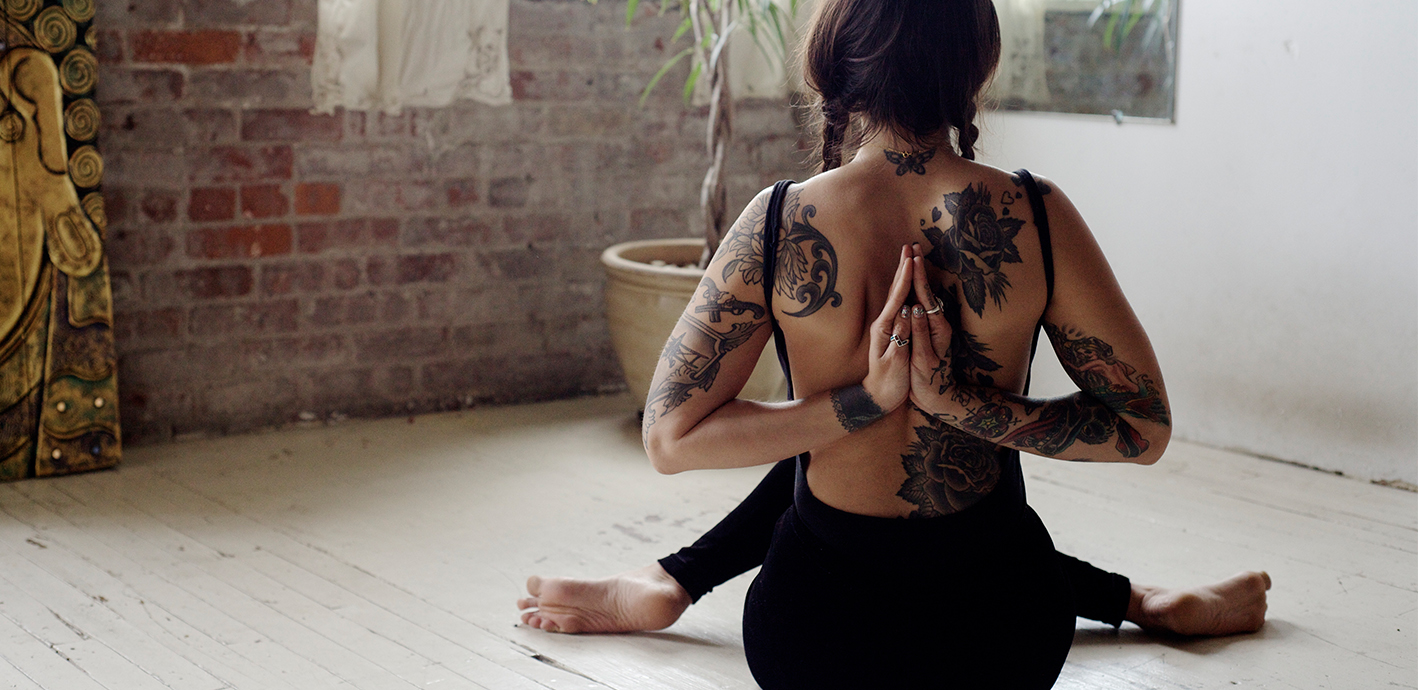

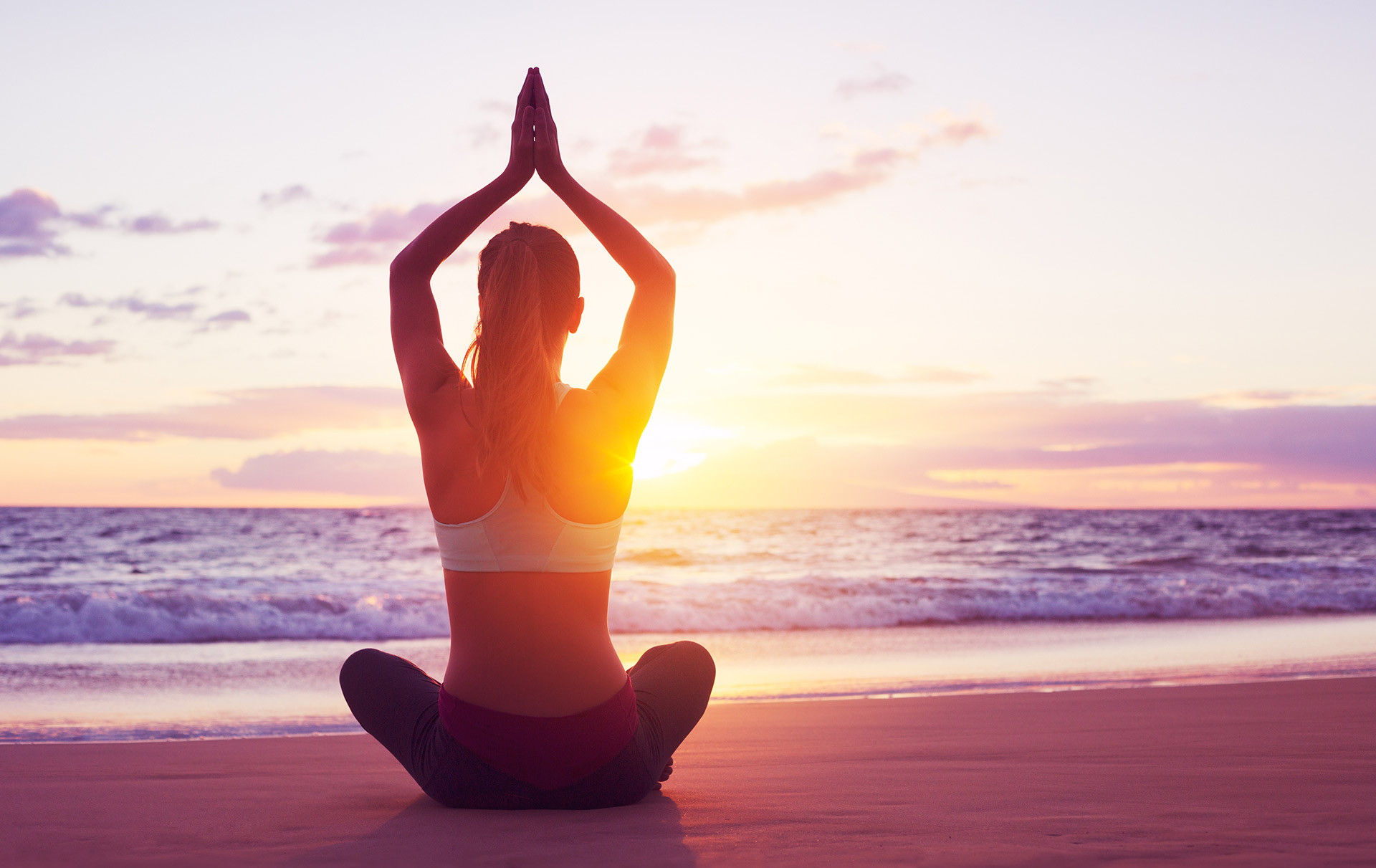

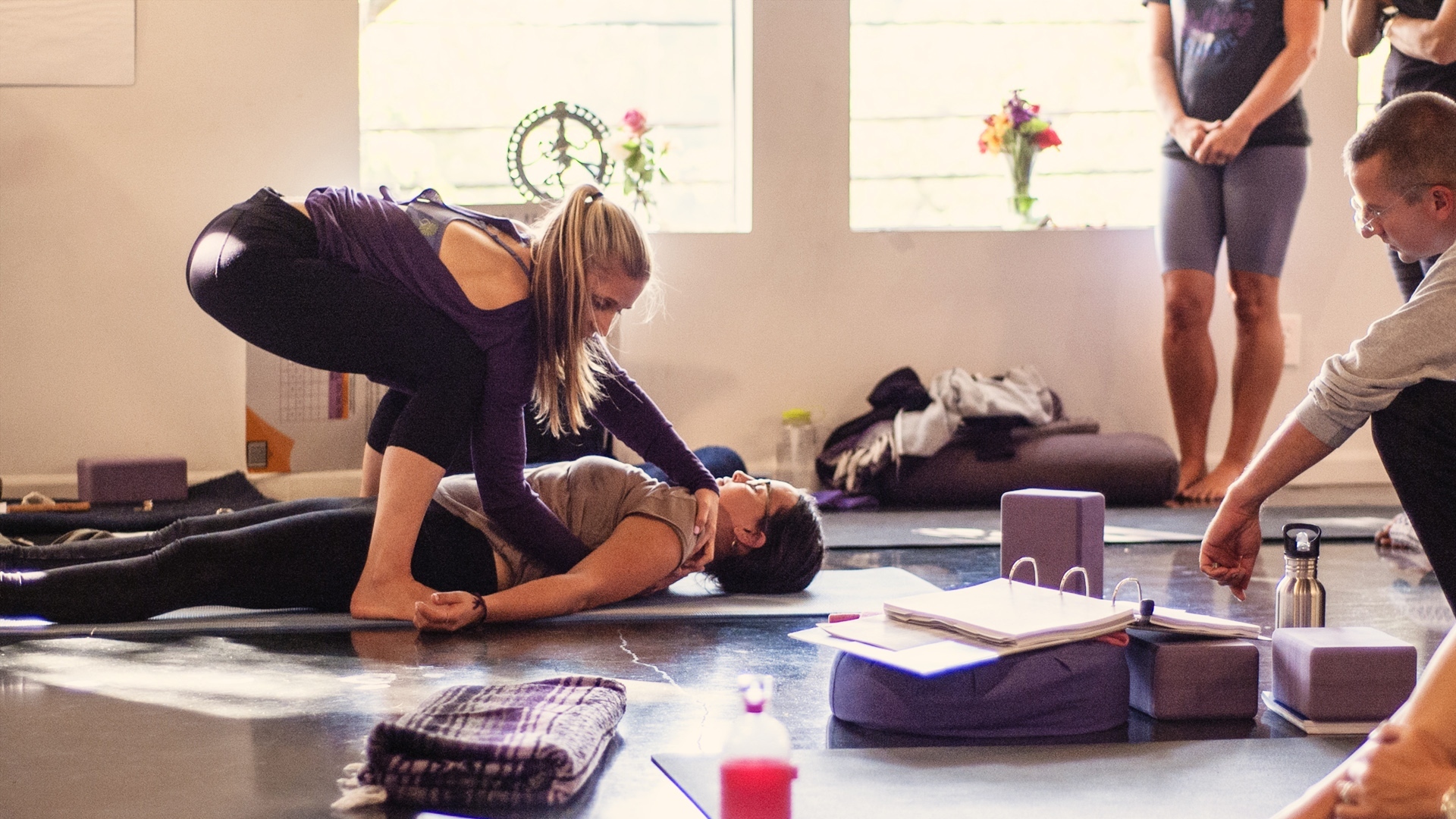
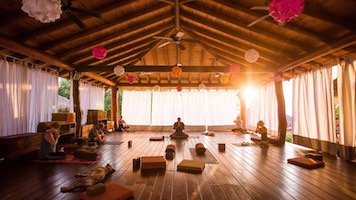
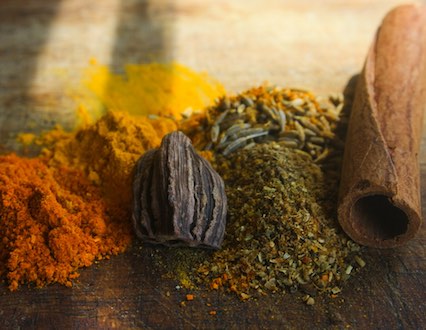


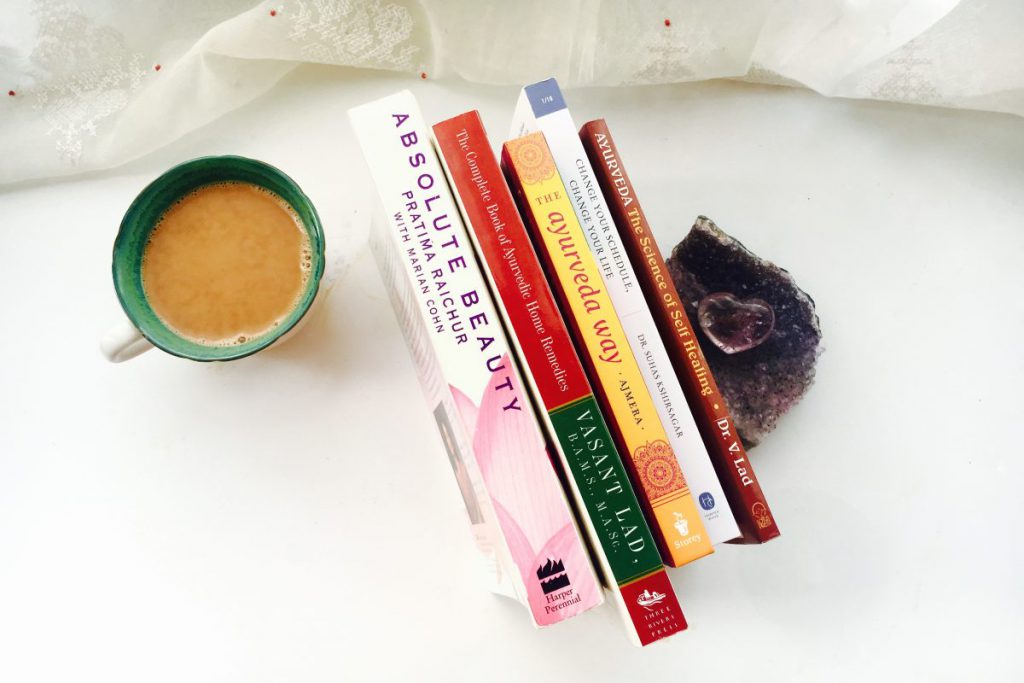

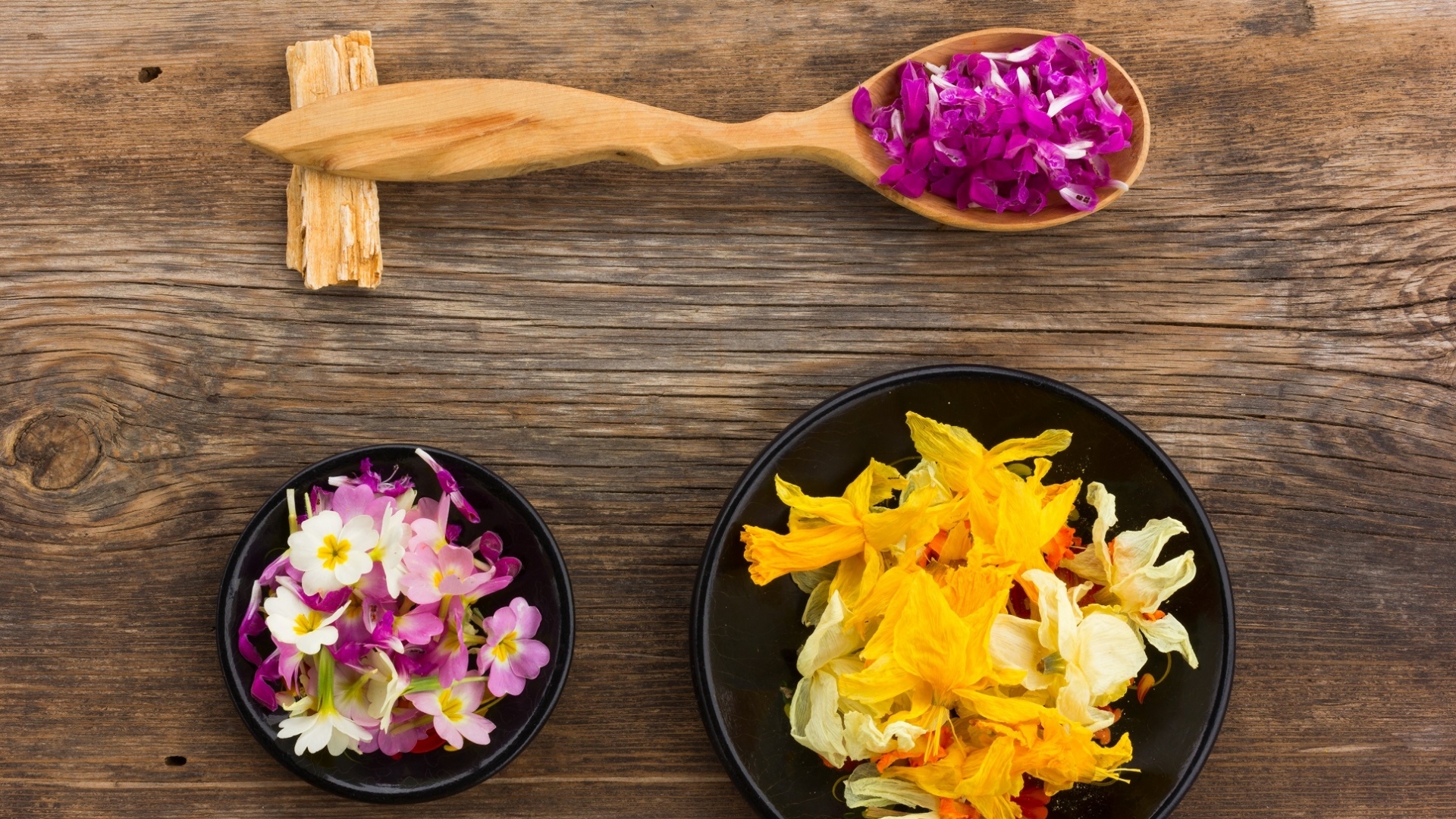
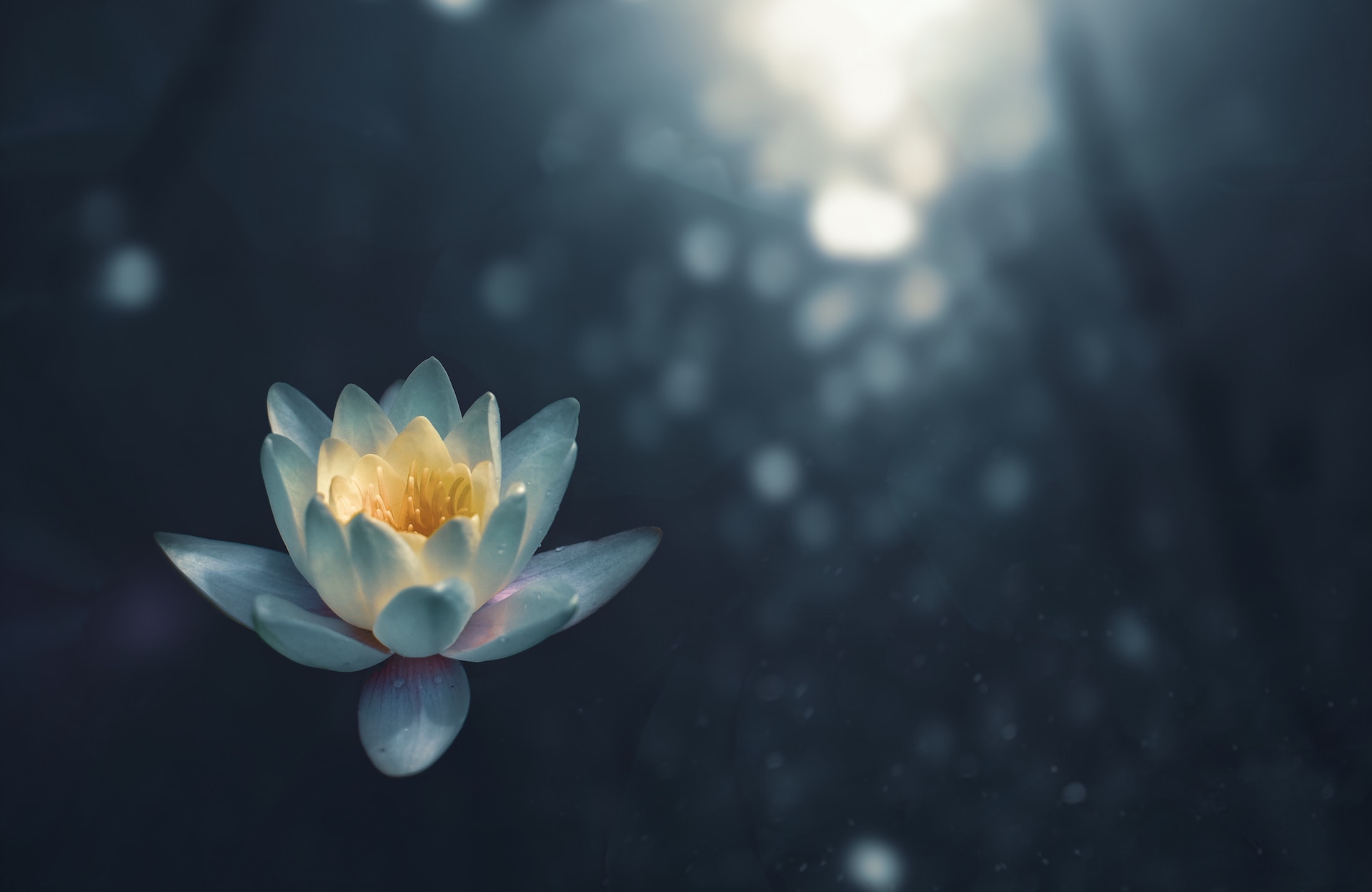

 Sevanti Adventures
Sevanti Adventures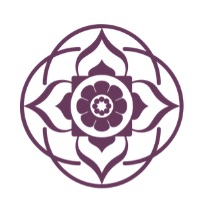 Sevanti Wellness Center
Sevanti Wellness Center